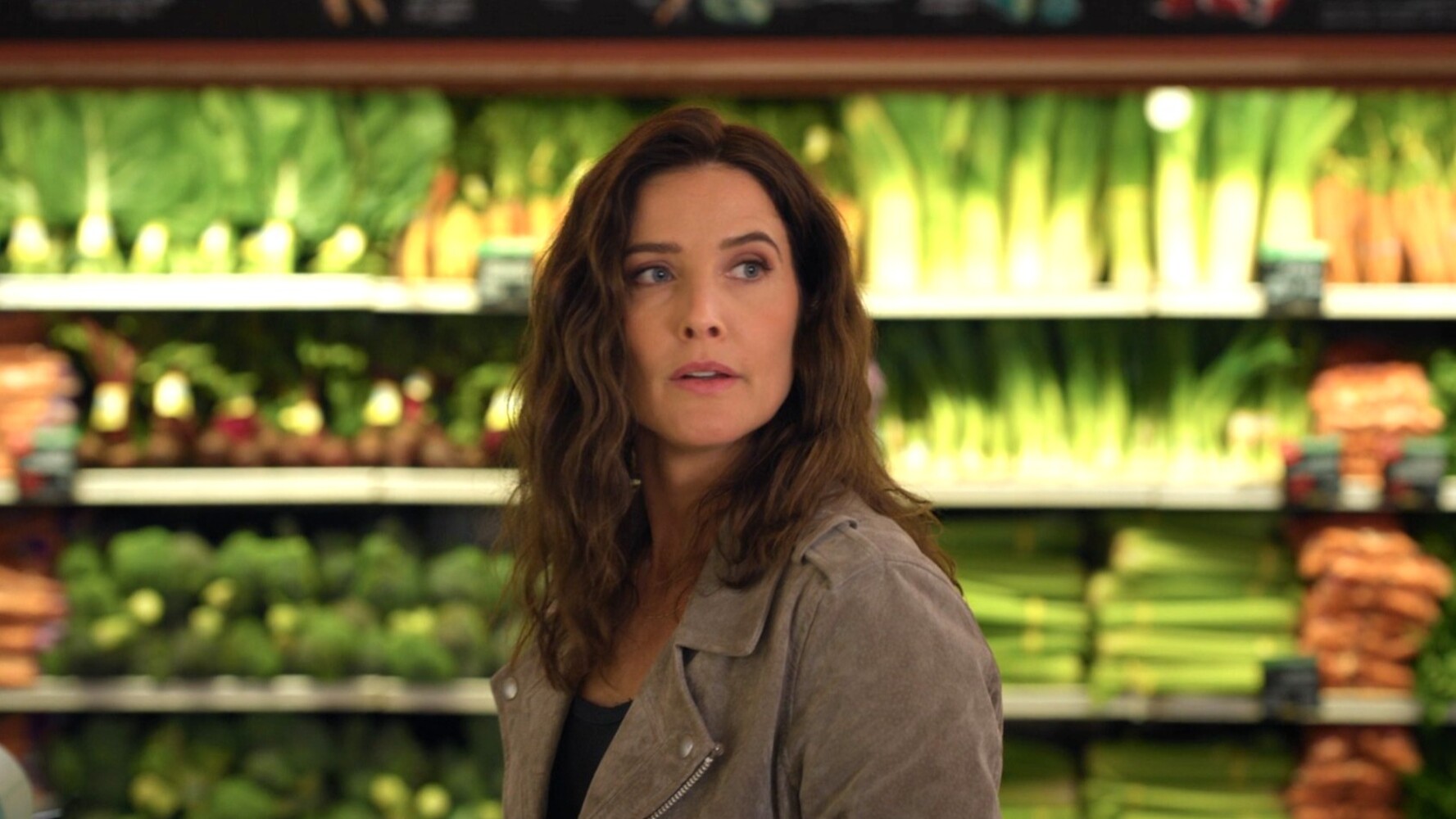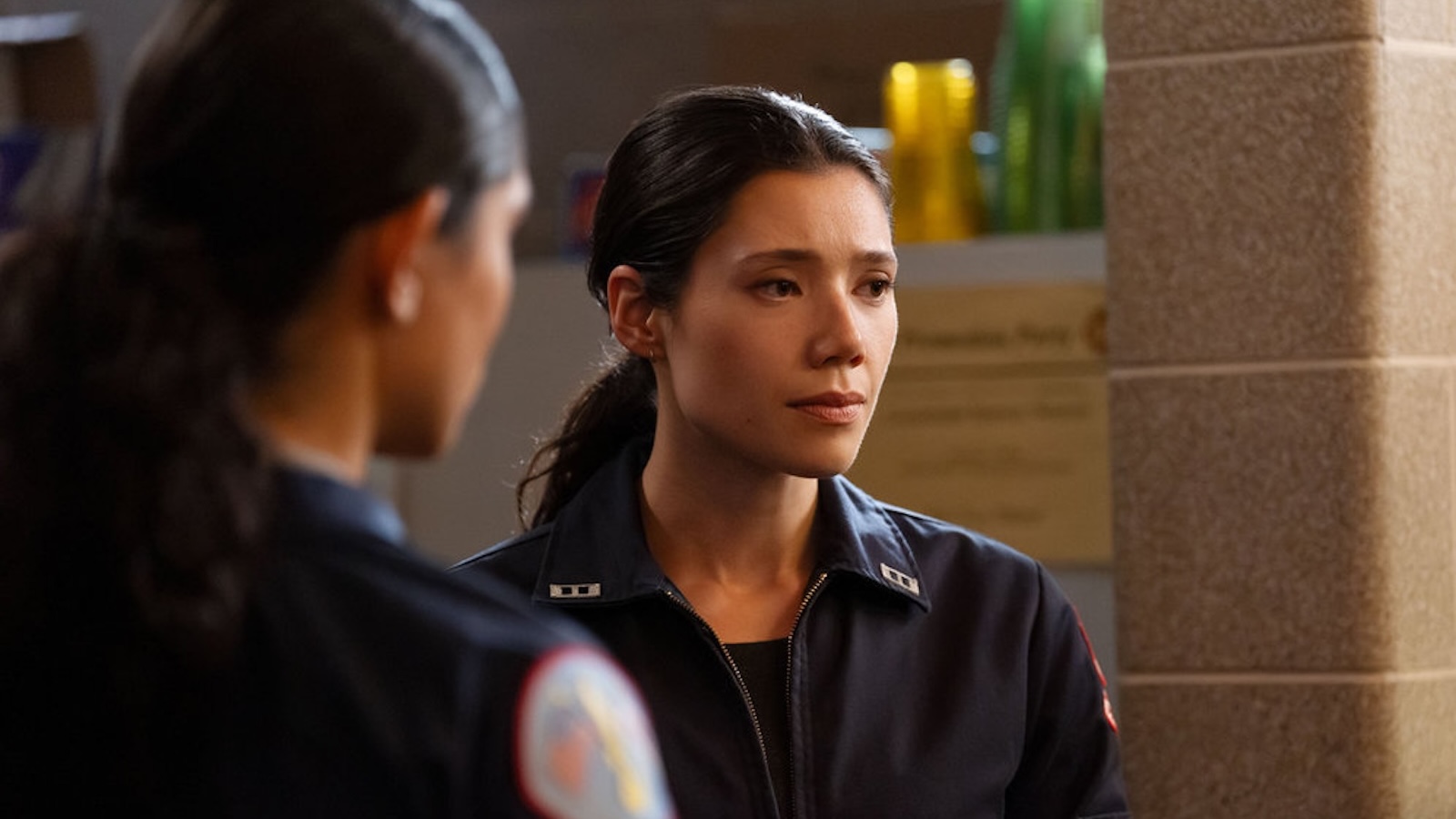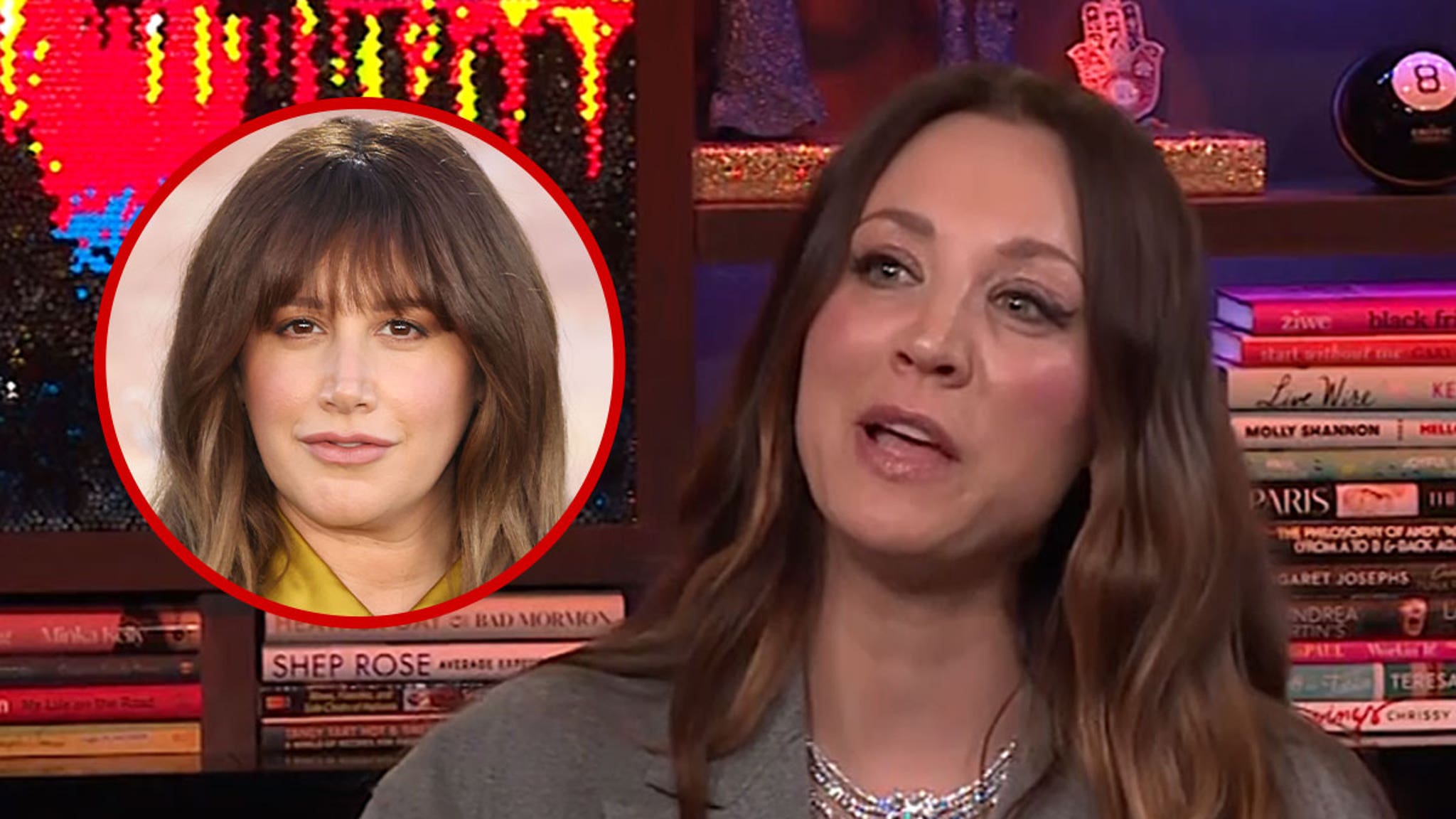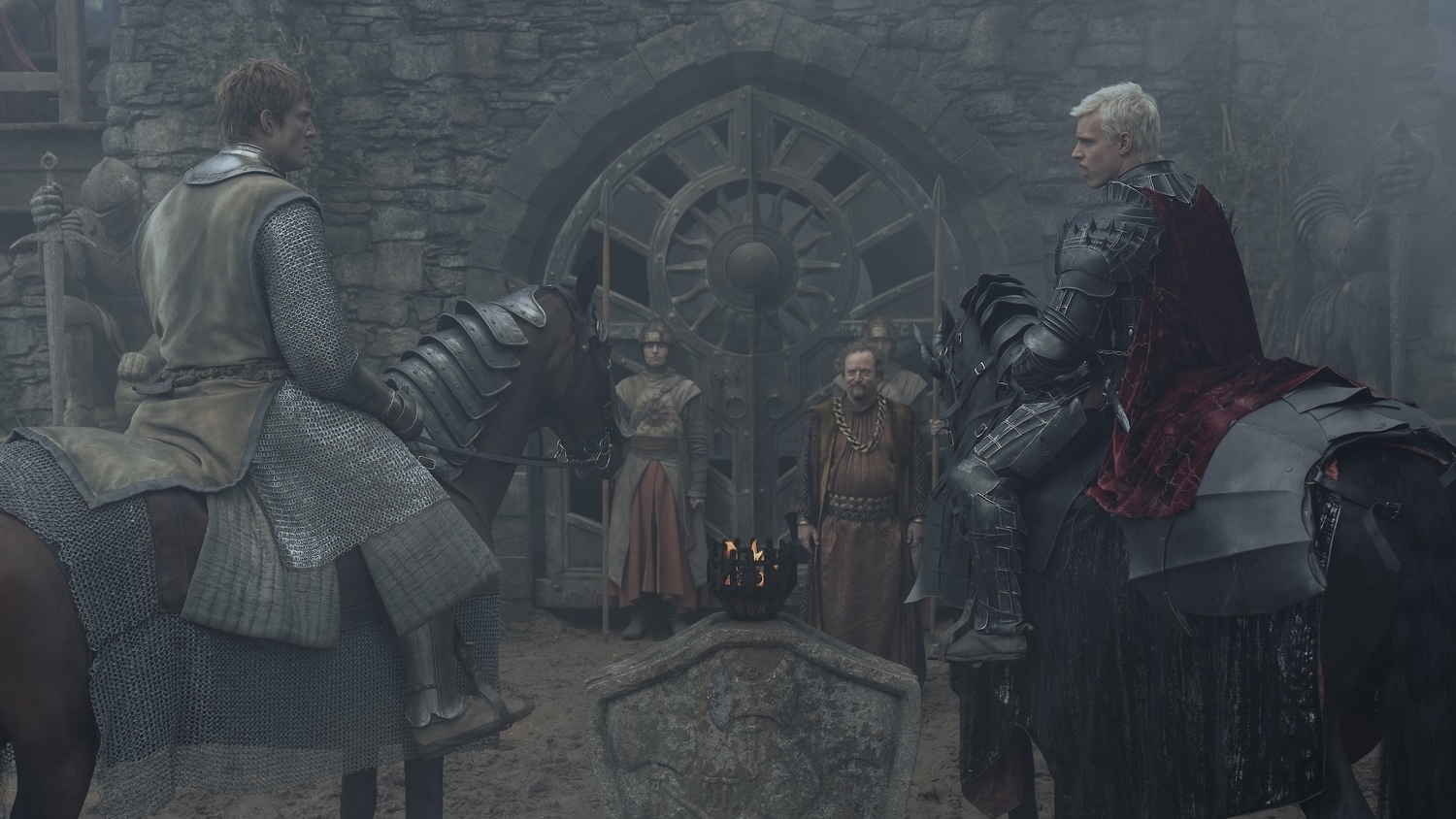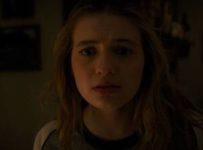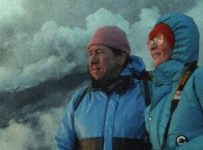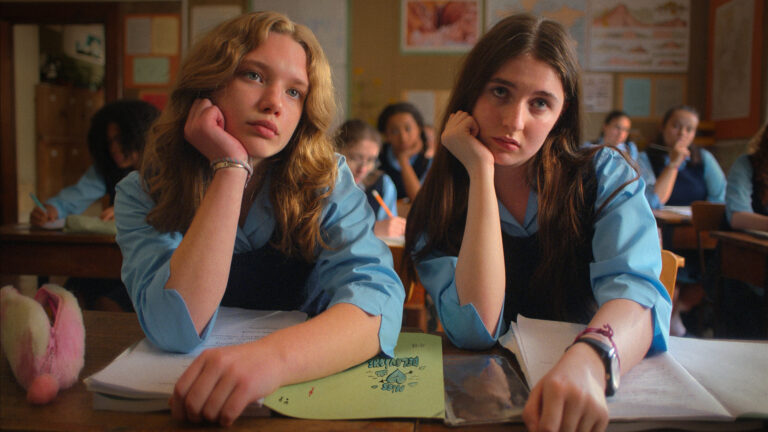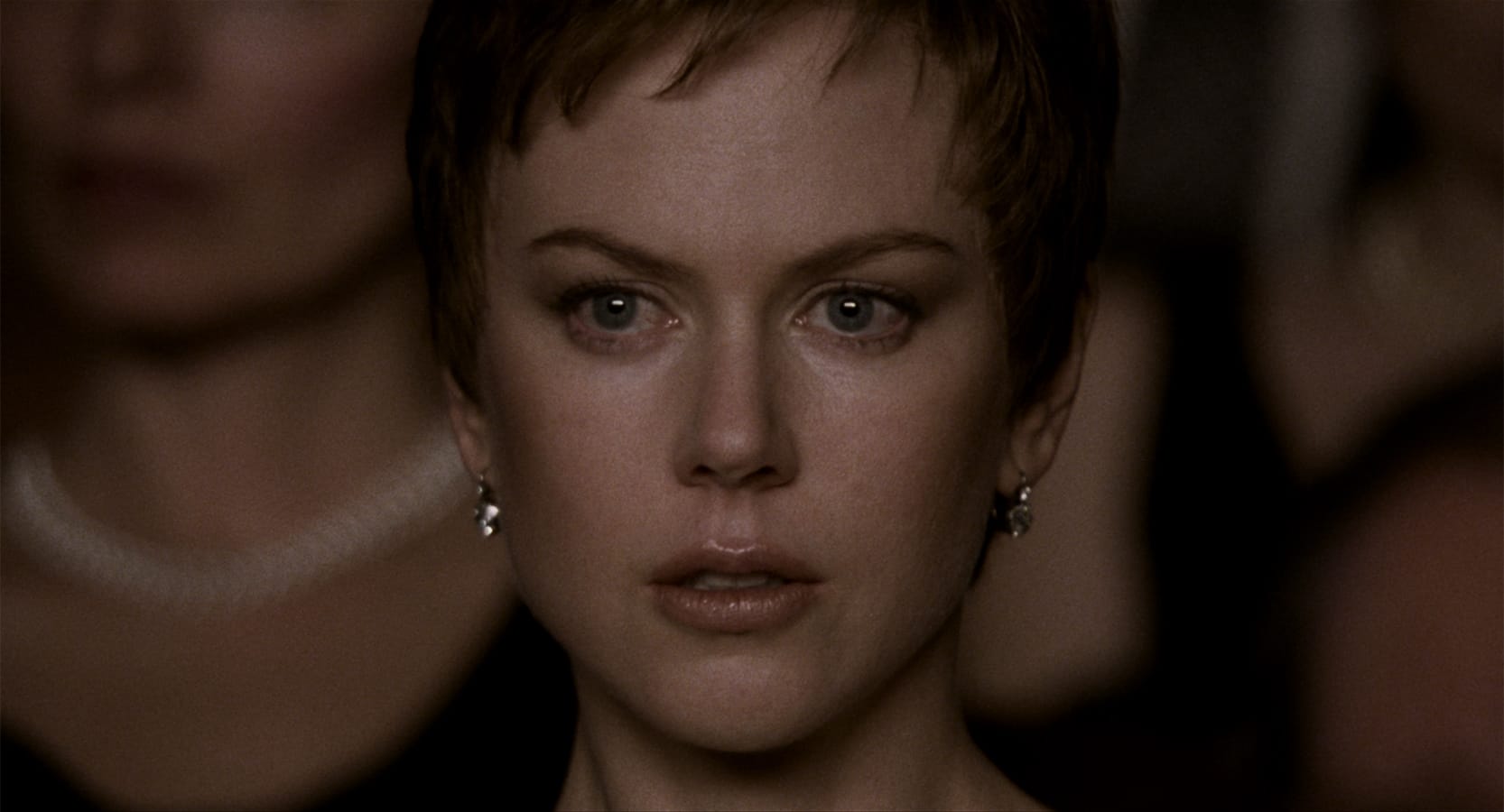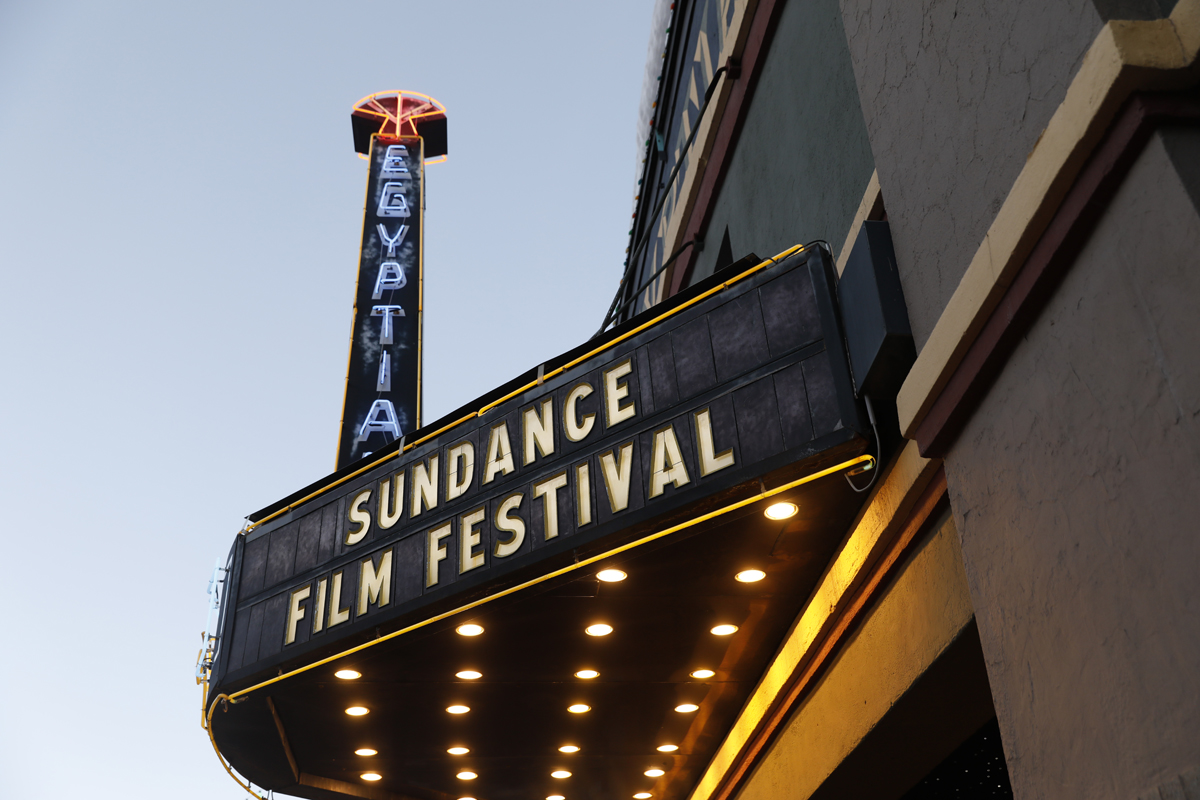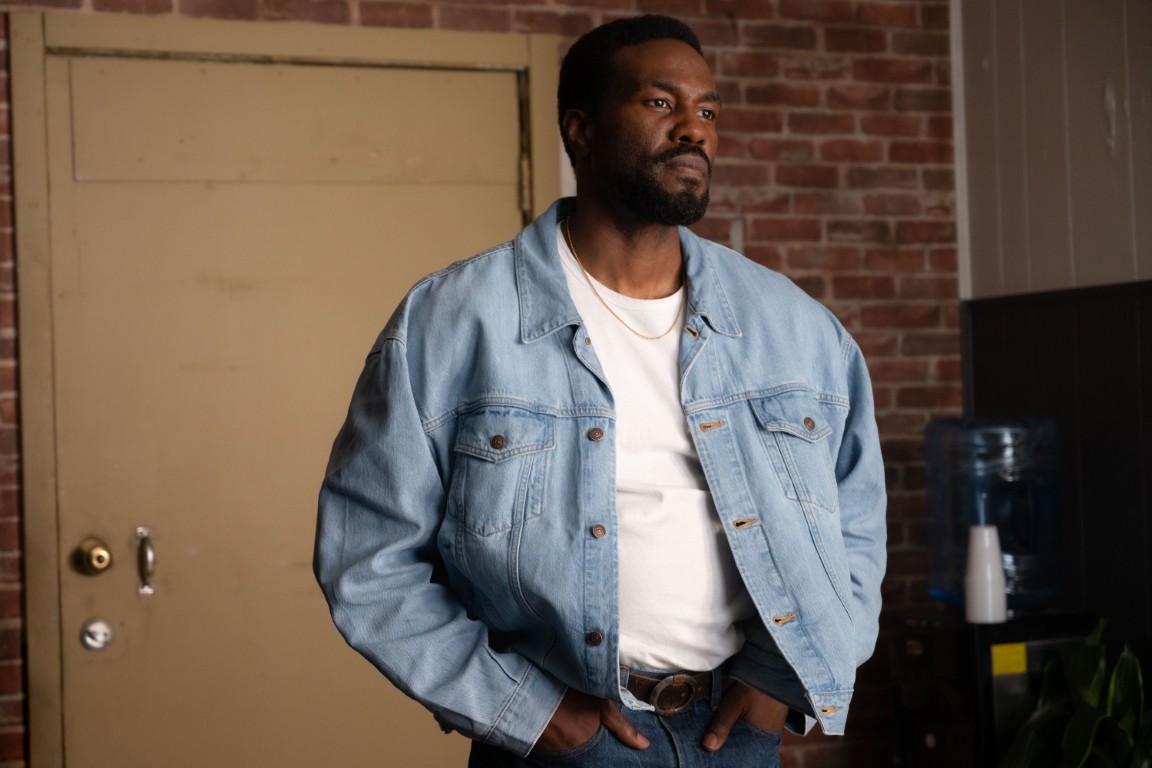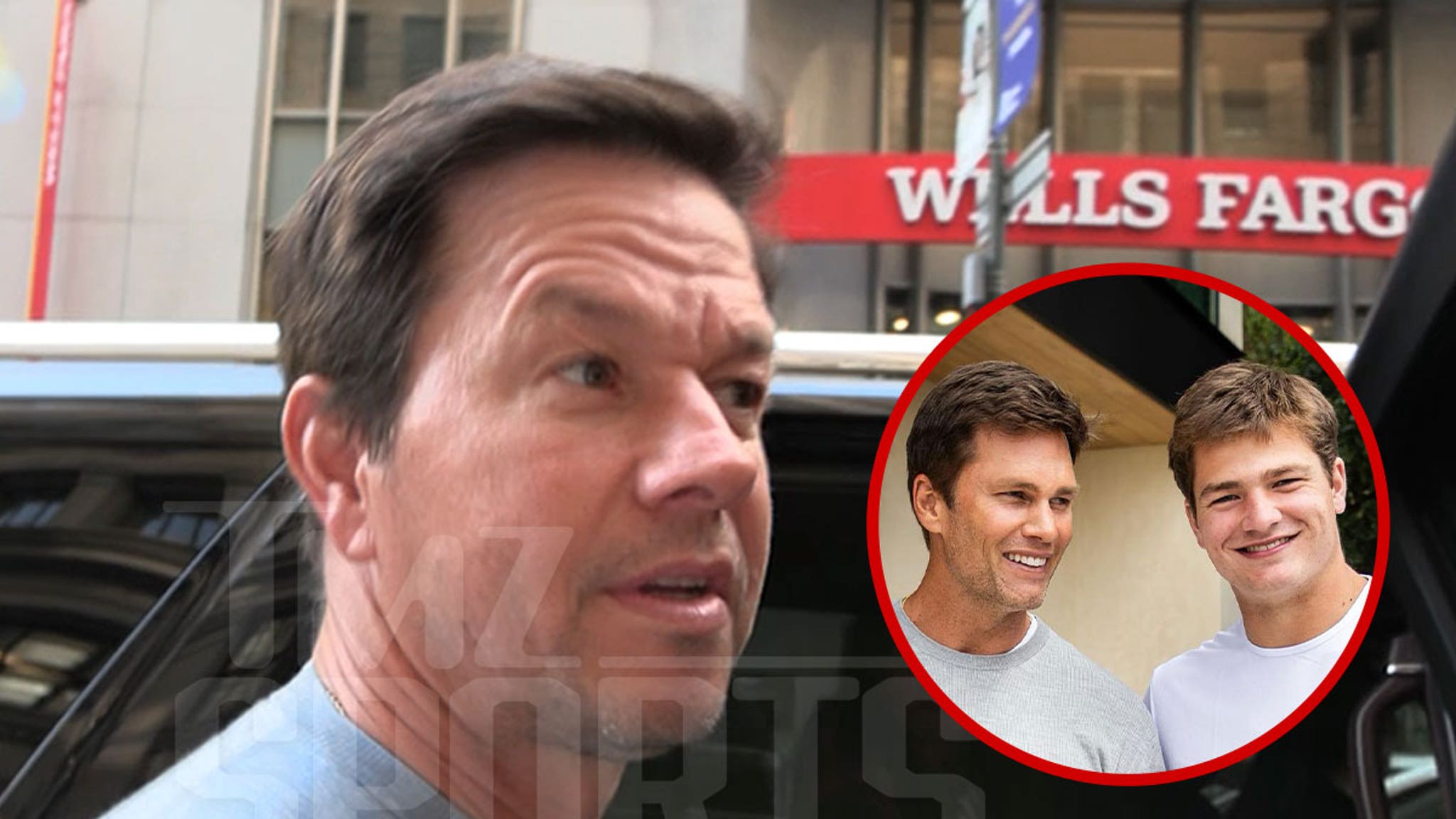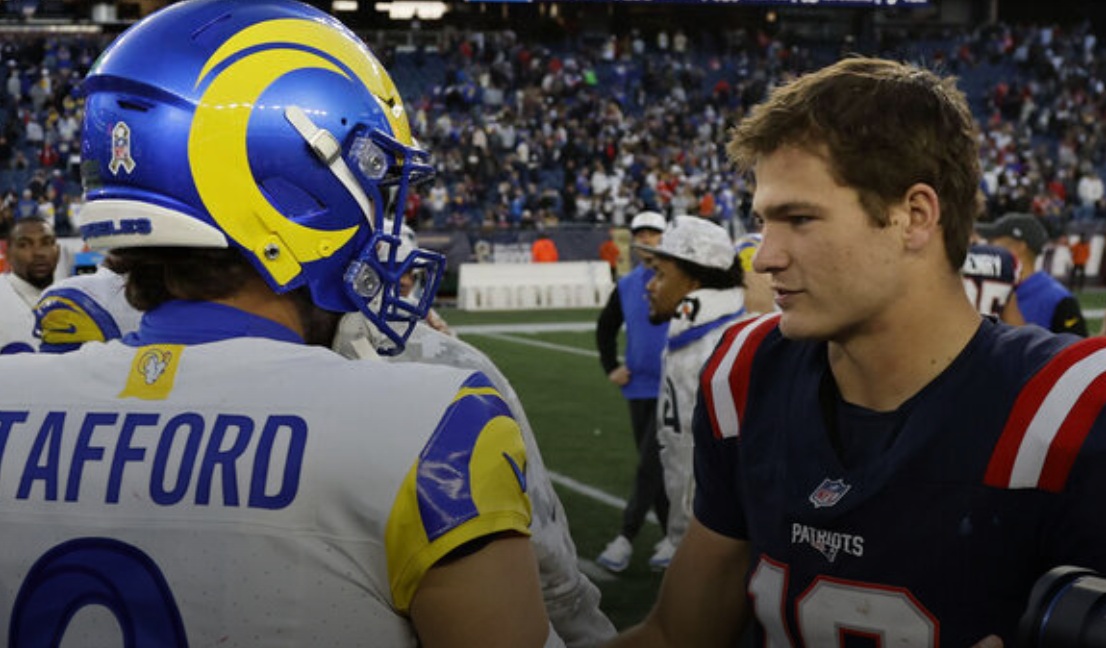Filmmakers and artists in general have a tendency to judge their characters. Here’s the good guy, here’s the bad guy. Here’s the problem that needs to be solved for the leading man or lady to be happy by the end of the movie or damned because of their bad behavior. There’s a much lesser version of the true story of “Nomadland,” based on the book by Jessica Bruder, that does all of this, melodramatizing Fern’s story into one of redemption. Fern doesn’t think she needs to be redeemed or saved, and Zhao doesn’t push buttons in an attempt to make us feel sorry for her either, while also somehow never underestimating the loneliness and sadness of her situation. The result is a film that earns its emotions, which come from genuine, honest empathy more than anything else.
Of course, this is impossible with a lesser actress than Frances McDormand anchoring every single scene. We see this world through McDormand’s performance, one of the most subtle and refined of her career. Fern is such a stunningly complex woman, someone who can be restless to a degree that feels self-sabotaging but is also incredibly warm and open with her people. She makes friends everywhere she goes, like the ladies she goes to an RV show with, or the young man she gives a light to. McDormand does so much with a glance or a wry smile that other actors couldn’t convey with an entire monologue. We see a whole life in this performance. Every beat and every choice has history behind it. It’s one of the best career performances from one of our best actresses. It’s just breathtaking.
And Zhao matches what she’s getting from McDormand in “Nomadland” with her stunning technical prowess. She reunites with Joshua James Richards, the cinematographer on “The Rider,” and the pair again find beauty in the landscapes of the country. Fern’s journey takes her all across the United States and Zhao and Richards lean into the majesty of the world around her with long shots of the horizon, most of them seemingly shot at the magic hour. It’s a beautiful film just to experience, and it’s not just in “beauty shots.” Everything about the visual language of “Nomadland” is striking—just the way Richards and Zhao slowly glide their camera with Fern through a community of van-dwellers can feel lyrical while somehow never losing the truth and grit of the moment either. It’s honestly hard to figure out how Zhao has made a film that’s this beautiful in its compositions and somehow still feels like it has dirt under its fingernails. A moving score by Ludovico Einaudi that’s easily my favorite of the year adds to the poetry of it all.
You can view the original article HERE.


